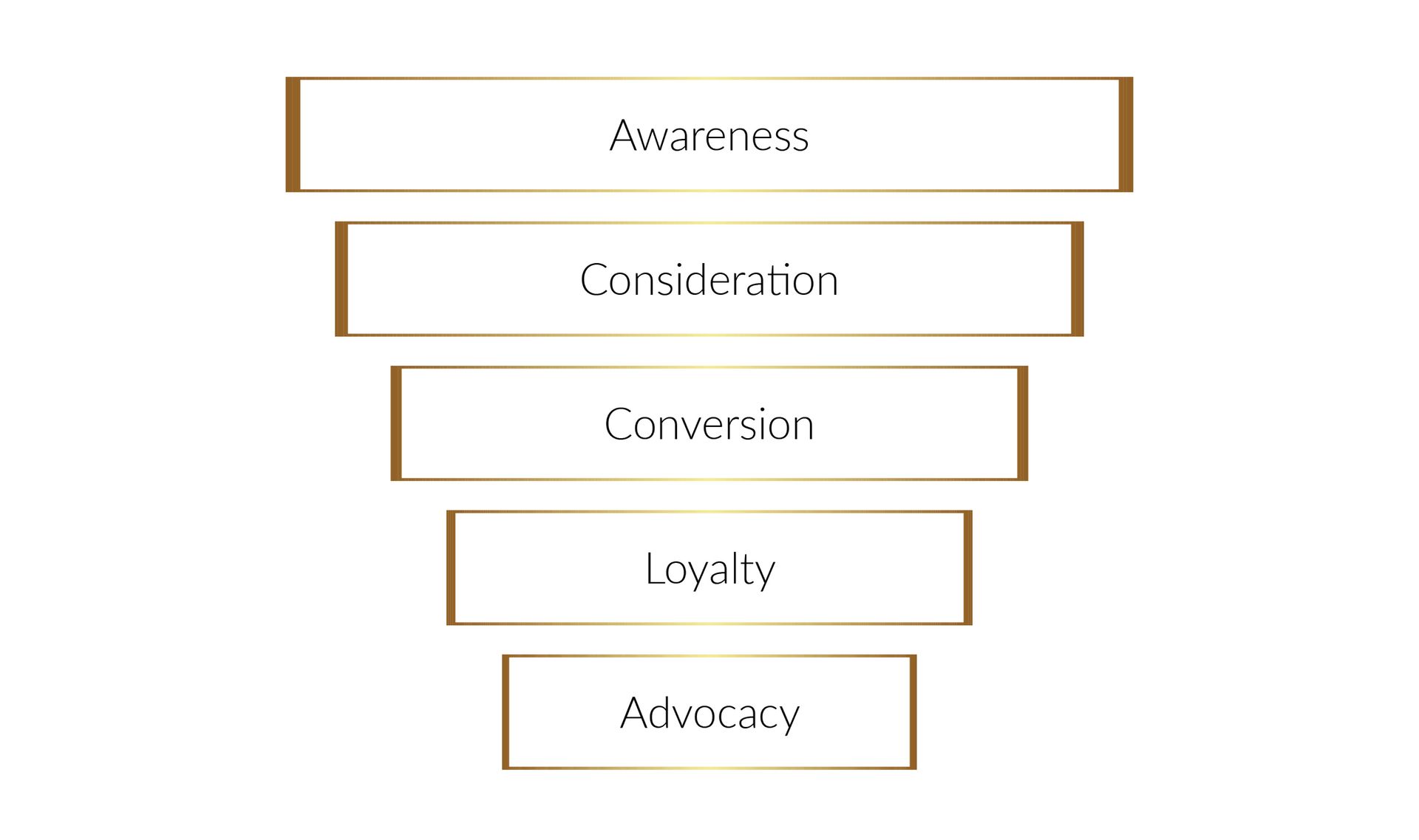AI in the Workplace: Devil or Savior?
AI in Action: The Positive Impact of Artificial Intelligence on Employee Productivity
It's impossible to ignore the unsettling predictions about the impact of artificial intelligence (AI) on the job market. High-profile forecasts, such as Goldman Sachs' estimation that AI technologies like ChatGPT could eliminate 300 million jobs globally, can make the future look rather bleak.
However, every dark prediction is countered by a more optimistic one. Microsoft, for instance, paints a future where AI reduces our workload, streamlines work processes, curbs information overload, refines data searches, abolishes tedious tasks, and encourages creativity. While almost half of the population worries about AI replacing their jobs, a larger percentage - 70% - would gladly delegate as much work as possible to AI.
So, the question arises: is AI a workplace nemesis or a savior? Some believe that AI has already proven to be more of a help than a hindrance.
A recent study by the National Bureau of Economic Research supports this perspective. This research, based on the performance of 5,000 customer service agents at a large software company, showed that AI support:
- Increased the number of chats handled by an agent per hour by 13.8%.
- Improved the performance of less skilled, less experienced customer service agents across all productivity metrics.
- Enhanced customer interactions with customer service agents, as evidenced by the sentiments in chat messages.
The researchers concluded that generative AI - AI capable of creating content such as text, images, and audio - significantly boosts worker productivity and retention when working in concert with humans.
Firstup, a tech company aimed at enhancing employee communication, has seen the positive impacts of AI in the workplace. It reports a year-on-year increase of more than 150% in employee communication engagement measured by views, likes, reads, comments, or shares.
Dave Wilkin, co-founder and CEO of 10KC (Ten Thousand Coffees), understands the concern surrounding AI predictions like those from Goldman Sachs. However, he primarily sees positive outcomes from AI in the workforce. AI will improve efficiency and, while potentially replacing some workers, it will also open up new opportunities that did not exist before.
Wilkin proposes that employers reassure workers about AI by setting clear expectations about AI's role, keeping employees informed about AI's usage, data collection, and impact on their work, regularly assessing AI for effectiveness and fairness, and staying updated on legal changes and industry guidelines related to AI.
David Blake, co-founder and CEO of Degreed, suggests that upskilling and reskilling employees will ease their concerns about AI and prepare them for the opportunities it will provide.
Priti Patel, Chief People Officer at G2, shares this optimism about AI. She reports that AI has already significantly reduced the time it takes to write a G2 performance review or tweak a job description. She believes that AI will eventually take over the task of producing job descriptions.
Yossi Sheffi, an MIT professor and author, believes that fears about AI taking over jobs are overstated. He says, "The future of work is not devoid of humans...We must find ways to shoehorn workers into the new job markets that technology will undoubtedly create."
As we navigate through the AI era, it is essential to balance both sides of the narrative. It's about harnessing the potential of AI while being conscious of and prepared for its challenges. The future, it seems, is not as bleak as some would have us believe. It's about learning, adapting, and evolving with technology. #AI #FutureOfWork #WorkplaceInnovation




